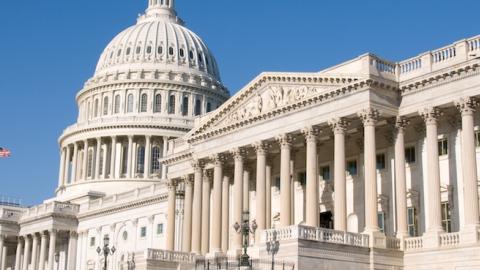One of the most discouraging things about the future of our republic is the creeping indifference, on all sides, to the constitutional separation of powers.
The latest example happened on Thursday, when President Obama announced the near-finalization of a unilateral executive ruling that private federal contractors will heretofore have to provide seven days of paid annual sick leave to some 600,000 employees who currently do not get paid sick leave. Some critics rightly lamented that such regulation of private companies is unwise as a matter of policy (true) and is an example of federal overreach (true). But few even batted an eye at the greater concern: This is clearly an instance of de facto lawmaking, and the Constitution vests all federal lawmaking power in Congress, not the president.
The basic division of federal powers under the Constitution is simple: Congress decides what the law should be, the president carries it out, and the courts decide cases that arise under the law. Along with the division of powers between the federal government and the states, James Madison in Federalist 51 describes the separation of powers between the legislature, executive, and judiciary as being one of the two great securities to our rights. He writes:
In the compound republic of America, the power surrendered by the people is first divided between two distinct governments [the federal government and the state governments], and then the portion allotted to each subdivided among distinct and separate departments. Hence a double security arises to the rights of the people. The different governments will control each other, at the same time that each will be controlled by itself.
But no one is controlling the executive, who becomes more like a king by the day.
Regardless of who becomes president in 2017, Congress and the citizenry are going to have to start becoming more attentive to the escalating abuses of power by that office. To be sure, Obama has usurped power far more egregiously than he has in this instance. But in some ways, the smaller usurpations that go largely ignored bode even worse for our future than the larger ones.
The larger ones at least generally cause Congress to yelp, if not to act.















